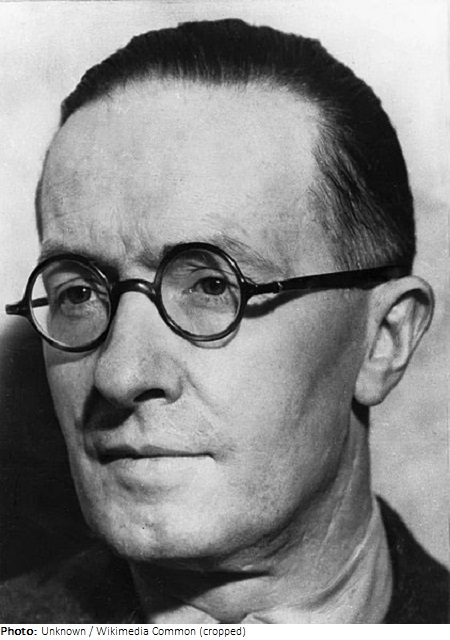Jean Giraudoux

Biographical information
| Roles | Referee |
|---|---|
| Sex | Male |
| Full name | Jean Hyppolyte•Giraudoux |
| Used name | Jean•Giraudoux |
| Born | 29 October 1882 in Bellac, Haute-Vienne (FRA) |
| Died | 31 January 1944 (aged 61 years 3 months 2 days) in Paris VIIe, Paris (FRA) |
| NOC |  France France |
Biography
Jean Giraudoux was a French diplomat and writer. A brilliant student, he attended the high school in Châteauroux and the École Normale Supérieure in Paris. After completing his military service with the rank of corporal, he continued his studies in the literature section and received a degree with honors from the Sorbonne in 1904. He then transferred to the German literature section and enrolled with a scholarship at the University of München. In 1906, he obtained his master’s degree but did not receive approval for teaching at the upper secondary level. He then went to the United States, studying and teaching at Harvard.
Back in France, Giraudoux joined the staff of the Le Matin newspaper and published his first book, Provinciales. In 1910, he passed the exam for diplomatic service and started to work for the Ministry of Foreign Affairs. In World War I, he was mobilized as a sergeant, becoming a highly decorated soldier after being wounded twice, and was named Knight of the Legion of Honor. As a convalescent, he was entrusted with diplomatic missions to Lisbon and the United States. Nevertheless, he continued writing novels.
In 1924, Giraudoux took over the direction of the Ministry’s information and press service. For Siegfried et le Limousin, he was awarded the Balzac Prize and in 1926, he was promoted to Officer of the Legion of Honor. For the “Commission for the Evaluation of Allied Damage in Turkey,” he spent there seven years. After meeting actor and director Louis Jouvet (1887-1951), he focused on writing plays.
In 1932, Giraudoux accompanied Prime Minister Édouard Herriot (1872-1957) to the Lausanne Conference. Two years later, he was appointed Inspector General of diplomatic and consular posts. At this critical time for Europe, he wrote the play La guerre de Troie n’aura pas lieu (The Trojan War Will Not Take Place), a plea for peace. In 1936, he was promoted to Commander of the Legion of Honor but refused to take over the direction of the Comédie-Française.
Just before World War II, Giraudoux published an important political essay: Pleins pouvoirs (Full authority, 1939), in which he asked for the adoption of an immigration policy with preference to Scandinavian immigration and excluding, for instance, Arabs. Especially this essay later gave rise to allegations of antisemitism and racism. In the same year, Giraudoux was appointed Minister of Information (“Commissaire général à l’Information”) by Prime Minister Edouard Daladier (1884-1970) but was replaced just one year later to become President of a “Higher Council of Information”. After the French defeat against the Germans in 1940, he followed the government first to Bordeaux and then to Vichy. A long-time admirer of German culture, his role during the occupation and his potential contact with the French resistance are controversial. He died a few months before the liberation probably from pancreatitis.
Today, Giraudoux is best known for his theater works, which include famous plays such as Amphitryon 38, La guerre de Troie n’aura pas lieu, Électre (Electra), and La Folle de Chaillot (The Madwoman of Chaillot). In an elegant and ironic language, he shaped his humanistic basic concern in antique, biblical, also fantastic materials, illuminated by modern mentalities. The characters act as types in a world that is beyond reality.
Referee
| Games | Sport (Discipline) / Event | NOC / Team | Phase | Unit | Role | As | |
|---|---|---|---|---|---|---|---|
| 1924 Summer Olympics | Art Competitions |  FRA FRA |
Jean Giraudoux | ||||
| Architecture, Open (Olympic) | Final Standings | Judge | |||||
| Literature, Open (Olympic) | Final Standings | Judge | |||||
| Music, Open (Olympic) | Final Standings | Judge | |||||
| Sculpturing, Open (Olympic) | Final Standings | Judge |